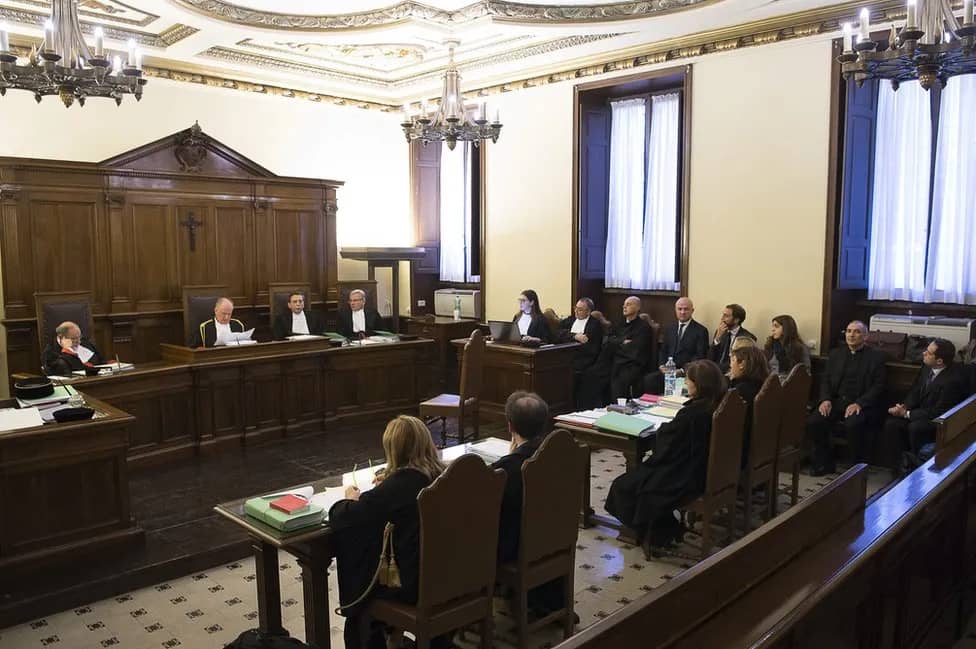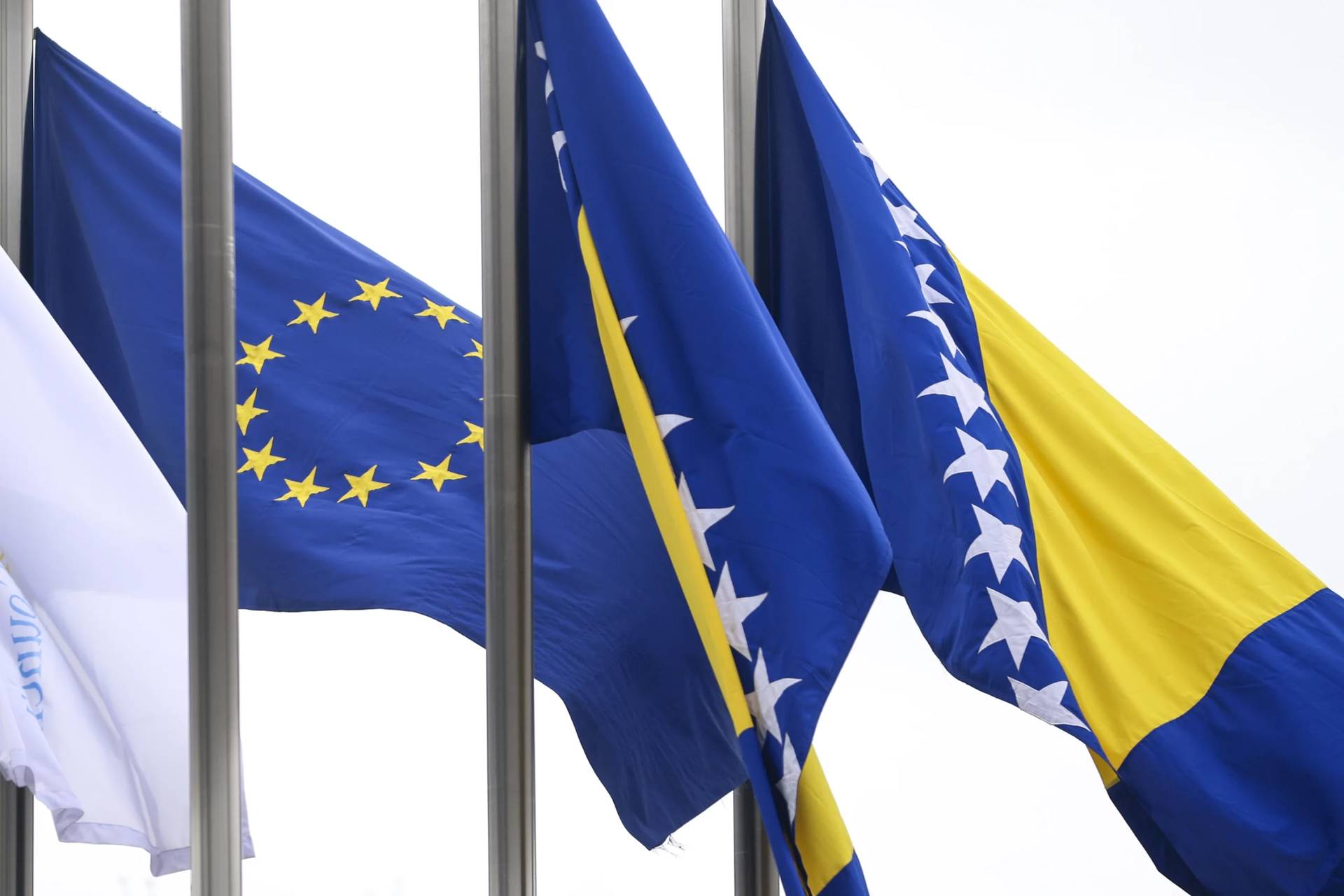Anyone with eyes can see that there’s alarm and opposition to Pope Francis out there, but trying to get a handle on how widespread or serious it may be often proves surprisingly difficult.
Certainly, signs of blowback are not hard to find.
Last month, a Fox News commentator openly called on Francis to resign, saying it’s time to put an end to his “ill-advised and arrogant papacy.” This week, pro-life and pro-family activists released a video, featuring an auxiliary bishop from Kazakhstan, pleading with Francis to “end the confusion” they believe his statements have created on matters such as marriage, divorce, Communion, and sex education.
On the other hand, Cardinal Donald Wuerl of Washington, D.C., in a recent Crux interview said that in his experience there’s tremendous enthusiasm for the pontiff’s pastorally oriented approach, and that those “threatened” or “unhappy” amount to “very few.”
What’s the reality? To the extent polling sheds any light, it would seem to be largely on Wuerl’s side of the argument.
A WIN/Gallup global survey of people in 64 countries in March, for example, found that Francis had an 85 percent approval rating among Catholics, with just 6 percent saying their impression is unfavorable. If we project those numbers for all the world’s 1.2 billion Catholics, that would be 1.02 billion giving the pope a thumbs-up and just 72 million opposed.
Naturally, 72 million is still a big number – if those folks constituted their own country, it would be the 20th largest in the world, right behind Germany – but measured against the total Catholic population, it’s tiny. Moreover, at any given time, you could probably get 6 percent of Catholics to disagree with almost anything – whether the earth revolves around the sun, for instance, or that 2 plus 2 really equals 4.
As a historical matter, every pope has faced resistance, including from their own bishops. That was true of St. John Paul II and Benedict XVI, just as it was true of St. Peter himself. Today there are more than 5,000 Catholic bishops in the world, and the idea that they’re always going to be in lockstep on everything is a delusional fantasy.
If all that’s the case, then what accounts for the sense one often gets, either from press coverage or social media, that there’s something novel or remarkable about the opposition to Francis? Perhaps three factors help explain it.
Francis’ style
In a variety of ways, Pope Francis has encouraged a let-it-all-hang-out style in the Church, up to and including its bishops, which probably means people are more willing to be outspoken about their gripes and concerns.
Explicitly, Francis asked prelates taking part in his two Synods of Bishops on the family to “speak boldly,” and he also told laity during World Youth Day in Brazil to “make a mess.”
He’s insisted repeatedly that Catholicism has nothing to fear from robust and open discussion.
Implicitly, Francis himself is hardly a model of restraint. He gives interviews, engages in free-wheeling news conferences, and takes part in off-the-cuff Q&A sessions in which he speaks his mind freely.
Given that, many Catholics, including some bishops, may have concluded that if the pope has no problem shooting from the hip, why should I? In other words, perhaps what’s new isn’t the fact of criticism, but that people feel less inhibited about expressing it.
The Media Universe
For those plugged into Vatican discussions in the St. John XXIII or Blessed Paul VI era, the idea that some conservative prelates might be disenchanted with the broad direction under a pope perceived as more progressive, and might give voice to that discontent, is hardly a revelation.
There’s an old joke told about Italian Cardinal Alfredo Ottaviani, for instance, who was a leader of the conservative wing at the Second Vatican Council (1962-65.) It goes like this: Ottaviani is across town in Rome and hails a cab, saying, “Take me to the council.” The cabbie, looking back and seeing who it is, proceeds to drive him to Trent.
What’s new in the early 21st century is that things previously said around water coolers or over dinner tables are now shot out through a cannon, either in the form of social media or comments to reporters, that become instant sensations through the media echo chamber.
For instance, after Pope Francis recently said during an in-flight news conference that Christians may owe gays an apology, Cardinal Wilfrid Fox Napier of South Africa took to his Twitter account to offer this reaction: “Thank God I live in Africa, where we base our faith on the Scriptures & Church Teaching, & not every papal interview!”
Because Napier was perceived as part of the traditionalist bloc during the Synods of Bishops, that tweet initially was seen as a swipe at the pope. In all honesty, it could just as easily have been a blast at media coverage of papal utterances.
In any event, the Napier tweet and the reaction it generated illustrates that things bishops (and other Catholic movers and shakers) used to say sotto voce are now amplified, because it’s much easier to turn anything into a cause célèbre.
Polarization
At least in the West, we live in a far more polarized world today, in which the split between left and right colors the way a broad swath of the population sees pretty much everything.
In the 1980s, the “culture wars” were just coming on the scene (the phrase wasn’t even popularized by James Davison Hunter until 1991.) Thus when self-identified Catholic liberals criticized John Paul II, it was easier for them to say things like, “The pope’s got a blind spot on women, but his record on inter-faith dialogue and social justice is impressive.”
Similarly, conservatives upset about one thing or another could always say, “Sure, we don’t like Assisi, or what he says on the death penalty, but this is also the pope who’s leading the crusade against Communism and decrying a Culture of Death.”
Today, conservatives who object to a given aspect of Francis’ papacy often seem to feel compelled to reject it all, dismissing anything that appears more favorable to their outlook as window-dressing or hypocrisy, while many liberals who support the pontiff – not all do, as some think he’s a disappointment on women, or gays, or sex abuse, or whatever – style any criticism whatsoever as “hating the pope.”
What’s the bottom line on opposition to Pope Francis, three and a half years in? Here’s one shot at framing it.
In reality, it’s probably no greater than other popes have faced, and there’s little evidence it’s getting in the way of him pursuing his agenda. However, it may seem louder and nastier than before – which is probably only in part a referendum on Francis, and at least as much on the culture.

















